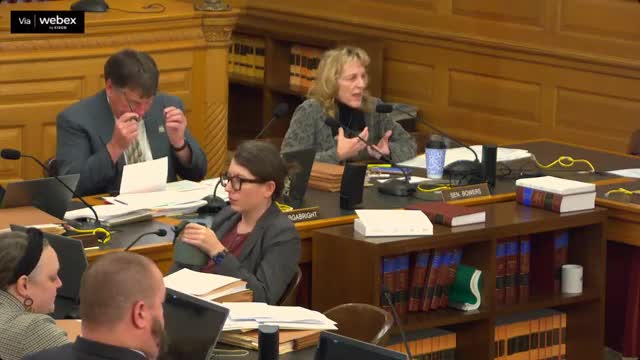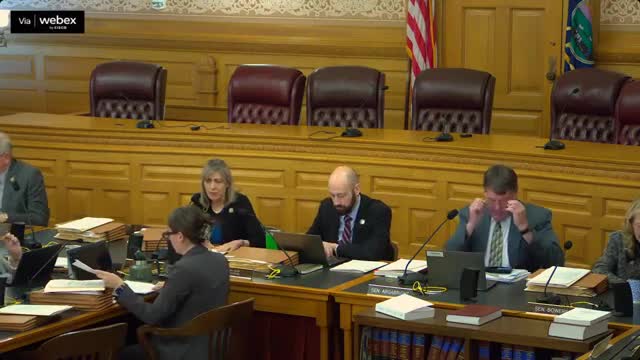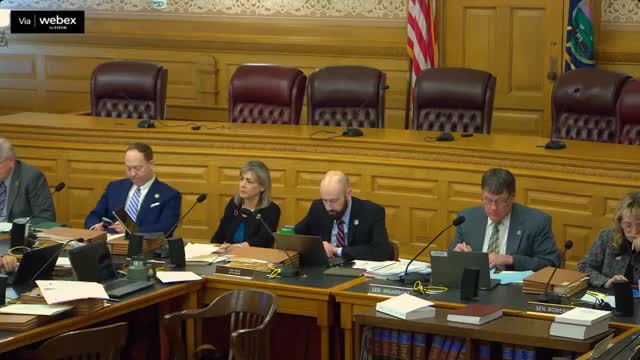Article not found
This article is no longer available. But don't worry—we've gathered other articles that discuss the same topic.

Judiciary committee adopts amendment to SB 242 and advances substitute for House Bill 228 tightening oversight of contingency-fee legal contracts

Senate committee holds informational briefing on SB 9 proposing limits on foreign land purchases near military bases and drone procurements

